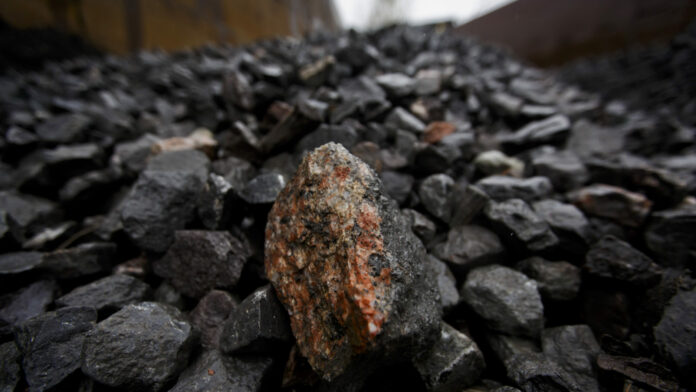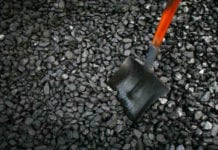
SHARES in Paladin Energy plummeted on Wednesday following the release of quarterly results that, whilst showing improved production figures, delivered disappointing forward guidance from the company’s Namibian operations.
The Perth-headquartered mining firm saw its stock price fall 11.3% despite reporting a substantial 33% increase in uranium production during the latest quarter. The company’s Langer Heinrich facility in Namibia produced 993,843 pounds of uranium oxide, up significantly from the previous quarter’s output of 745,484 lbs.
However, market conditions proved challenging, with the average selling price for the uranium compound declining to $55.6/lb from $69.9/lb previously. Production costs fell marginally to $37.50/lb from $40.60/lb in the prior period.
The market’s negative reaction centred on the company’s updated forecasts for the current financial year. Management now expects production to range between four million and 4.4 million pounds of uranium, with costs projected between $44 and $48/lb – figures that fell short of analyst expectations on both metrics.
Company executives attributed the revised projections to unexpected increases in mining and blasting expenditure, alongside variability in ore grades from stockpiled material at the Namibian site.
The share price decline provided further gains for short sellers, who have taken significant positions against the company, according to a report by the West Australian on Wednesday.
Citing data from the Australian Securities and Investments Commission, the newspaper said short sellers control 16.8% of Paladin’s stock. That makes the company the most heavily shorted company on the ASX.
The company’s share performance has been consistently weak, declining 8.1% year-to-date and falling 39.8% over the past twelve months, it said.
Paladin currently faces legal challenges in the form of two class action lawsuits relating to production guidance issued in 2024. The legal proceedings allege breaches of continuous disclosure obligations and claims of misleading conduct by the company.
The controversy stems from guidance provided to the ASX in June 2024, when Paladin projected Langer Heinrich would deliver between 4 million and 4.5 million pounds of uranium compound for the 2025 financial year.
When October’s quarterly results showed production significantly below expectations, the company’s shares suffered a 15% decline.











